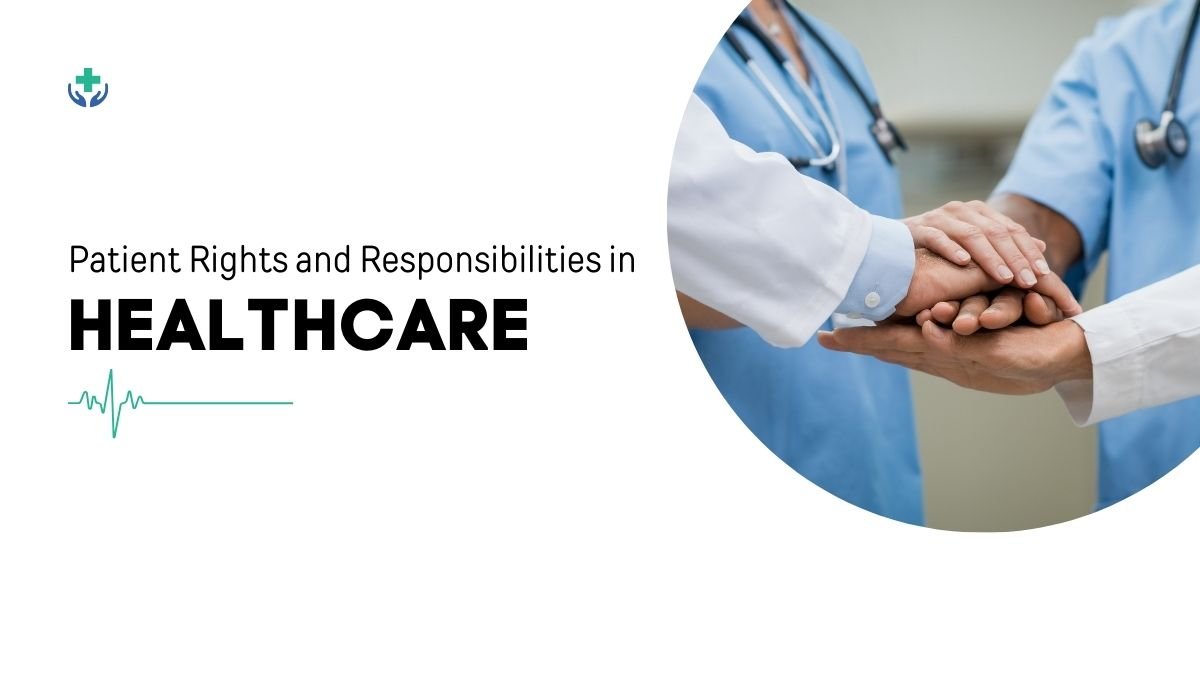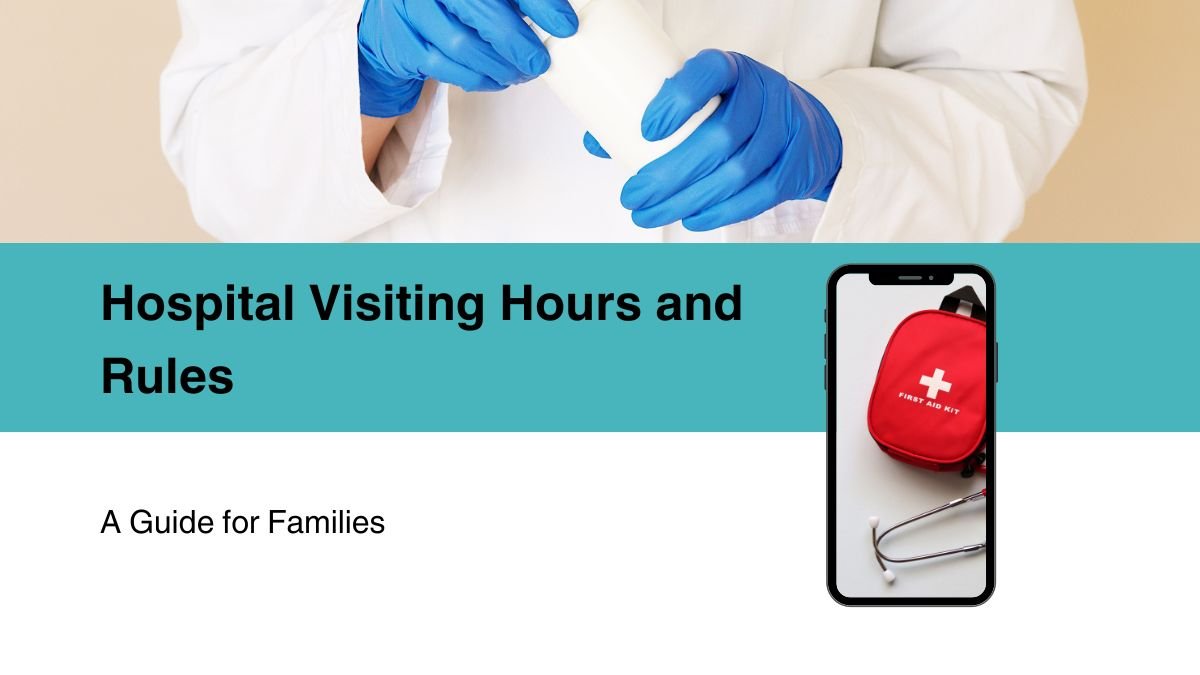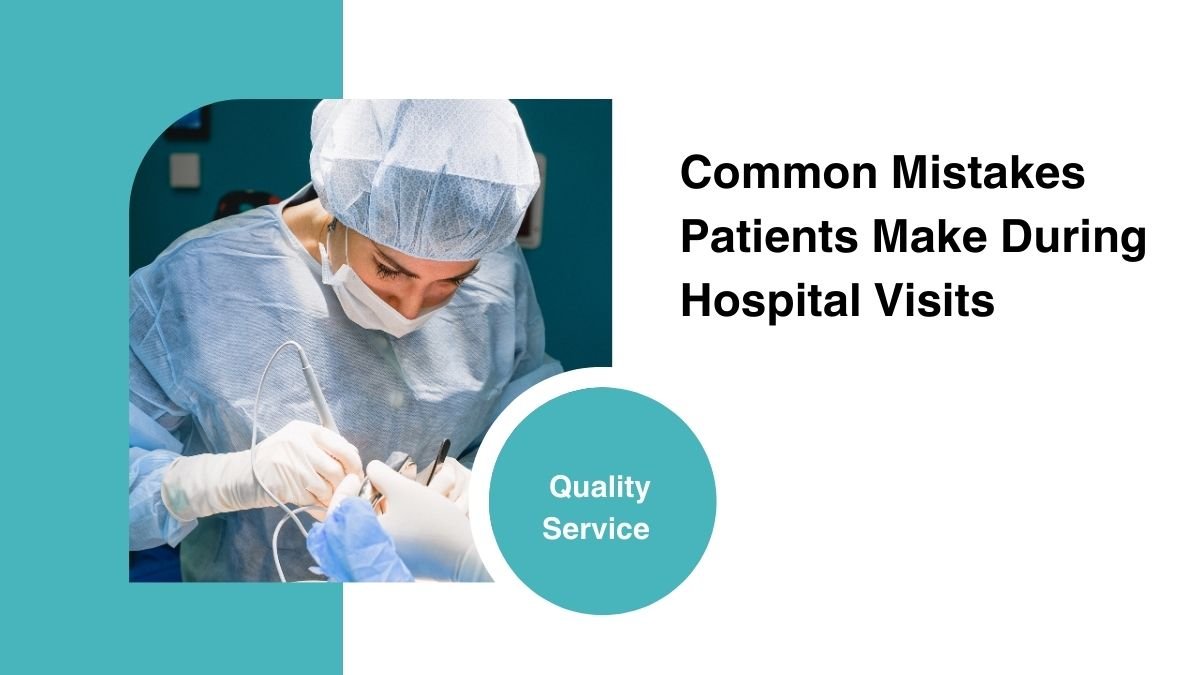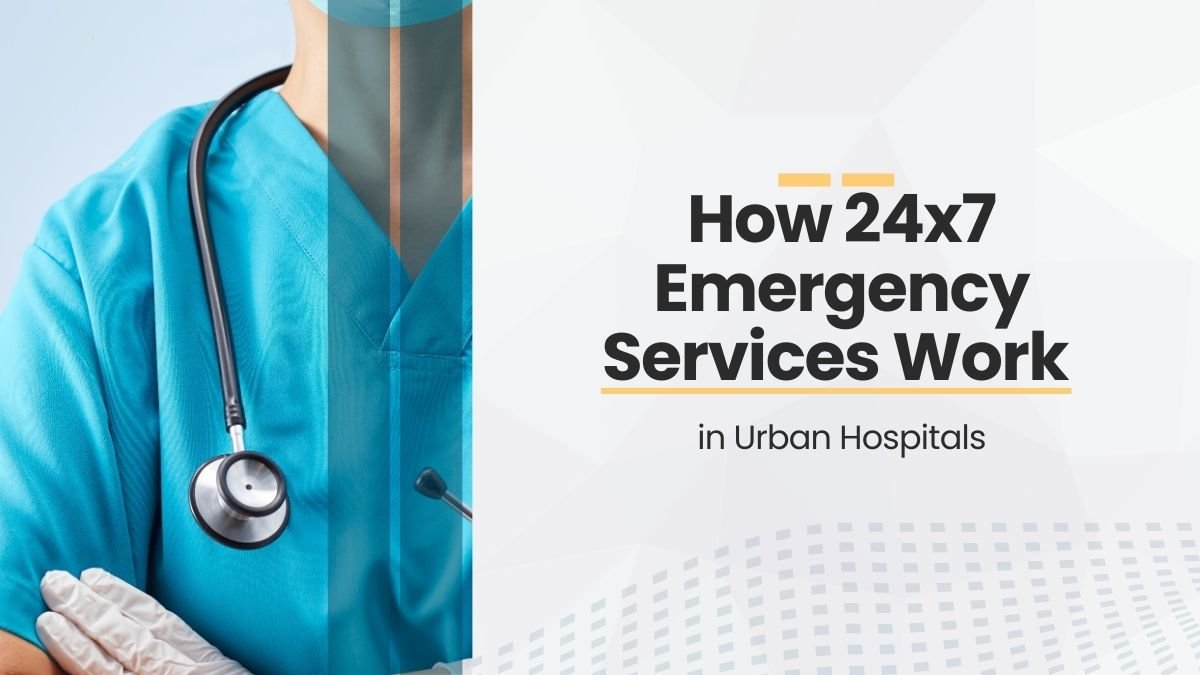Whenever we visit a hospital or clinic for treatment, it is not just a matter of taking medicine or getting tests done. It is a relationship in which both the patient and the doctor have their own roles. Just as trust and respect from both sides is essential in a good relationship, it is also very important to maintain a balance of rights and responsibilities in health services.
Patients’ Rights
Every human being has a fundamental right to be treated with respect and compassion when he goes for treatment. Now let us understand these in detail.
1. Right to Respectful Care
Every patient – whether rich or poor, old or child, irrespective of religion, caste, gender or language – should get full respect during treatment.
For example, suppose an elderly woman goes to the hospital. She should not fear that she will be given less attention because of her age or financial status. She should get the same respect and attention that any other patient gets.
2. Right to get information
When a doctor tells us about the treatment, we should get complete and clear information. This includes correct diagnosis of the disease, available treatment methods, effects of medicines and their side effects, possible expenses, etc.
Imagine if someone has to undergo an operation, and he is not told how many days he will have to rest after the operation, what difficulties he may face, then how will he take a decision? Therefore, it is our right to get information.
3. Right to give consent (Informed Consent)
Before any treatment or procedure, the patient should be fully explained why it is being done, what are the risks involved and what alternatives are available. After this, the patient can say yes or no as per his wish.
For example, if the doctor says that you have to get your tooth removed, then first you should be told why it is necessary, whether there will be pain, for how many days the problem will persist, and what harm can happen if the tooth is not removed.
4. Right to confidentiality and privacy
Our medical reports, tests and personal information should be kept completely confidential. This information should be limited only to the doctor and staff involved in the treatment. This information cannot be given to anyone else without the patient’s permission.
For example, if someone has a serious illness and he does not want the society or relatives to know about it, then the hospital should respect his wish.
5. Right to take one’s own decisions
Every patient has the right to take his own decisions related to his health. Whether it is to continue treatment, take a second opinion from another doctor, or refuse any treatment – this decision will be his.
For example, if a patient wants, he can choose to adopt traditional treatment instead of taking a new medicine, or refuse an expensive operation.
6. Right to a safe environment
The hospital is not just a place for treatment, but it also has the responsibility to provide a safe environment. There should be cleanliness, good behaviour of the staff, and the patient should be protected from any kind of physical or mental abuse.
For example, there should be no dirt or infection in the hospital so that the patient can recover quickly.
7. Right to choose a representative or helper
If the patient is not able to take decisions on his own, then he can appoint a trusted person as his representative. This can be a family member or a close friend.
For example, if someone loses consciousness due to a serious illness, then his chosen representative can take decisions related to his treatment.
8. Right to complain
If the patient feels that something wrong has happened to him, his rights have been violated, then he has full right to complain. And it is the responsibility of the hospital or health institution to listen to the complaint seriously and resolve it quickly. This complaint can also be related to the doctor, nurse, facilities or billing.
Responsibilities of the patients
While the patients get rights, they also have some responsibilities. If we only talk about rights and do not fulfill our responsibilities, then the whole system will become unbalanced.
1. Providing correct information
The doctor can provide the right treatment only when the patient gives complete and correct information. Like which medicines are you already taking, whether you have any allergy or not, what are your chronic diseases, etc.
If the patient gives wrong information, then the treatment can be wrong.
2. Taking active part in treatment
It is the responsibility of the patient to listen carefully to the doctor’s advice, ask questions and also participate in the treatment himself.
For example, if the doctor says that medicines have to be taken on time every day and rest has to be taken, then the patient should take it seriously.
3. Respecting others
In the hospital, there are doctors, nurses, cleaning staff and other patients too. It is important to treat everyone with respect and courtesy.
Suppose a patient misbehaves with the staff in anger, then the atmosphere gets spoiled and treatment also becomes difficult.
4. Follow hospital rules
Every hospital has some rules – like visiting hours, use of mobile phones, or maintaining cleanliness. It is the responsibility of the patient and his family to follow these rules.
5. Timely information
If the patient cannot attend an appointment, he should inform the hospital in advance. This also saves the doctor’s time and that time can be given to another patient.
6. Taking care of property and records
Patients should take care of the hospital facilities and belongings. Like hospital files, medicines, etc. Use the equipment properly and do not cause harm.
Why is it important to balance rights and responsibilities?
Imagine if the patient takes his rights but does not fulfill his responsibilities – such as not taking the medicine on time, giving wrong information or not cooperating with the doctor – then the treatment will remain incomplete. On the other hand, if the doctor ignores the rights of the patient, the patient’s trust will be broken.
That is why the entire structure of health services runs on this balance.
- Rights provide security and respect to the patient.
- Responsibilities ensure that the treatment is done properly.
Conclusion
The relationship between patients and doctors is based on trust, respect and cooperation. If every patient knows his rights and uses them and fulfills his responsibilities, then the atmosphere of the hospital will be safe and positive. This will not only improve the treatment but the patient’s experience will also be good.
Health services are successful only when both sides contribute equally. The patient should remember that he is not just a recipient of treatment, but he is also an active part in the treatment process.









